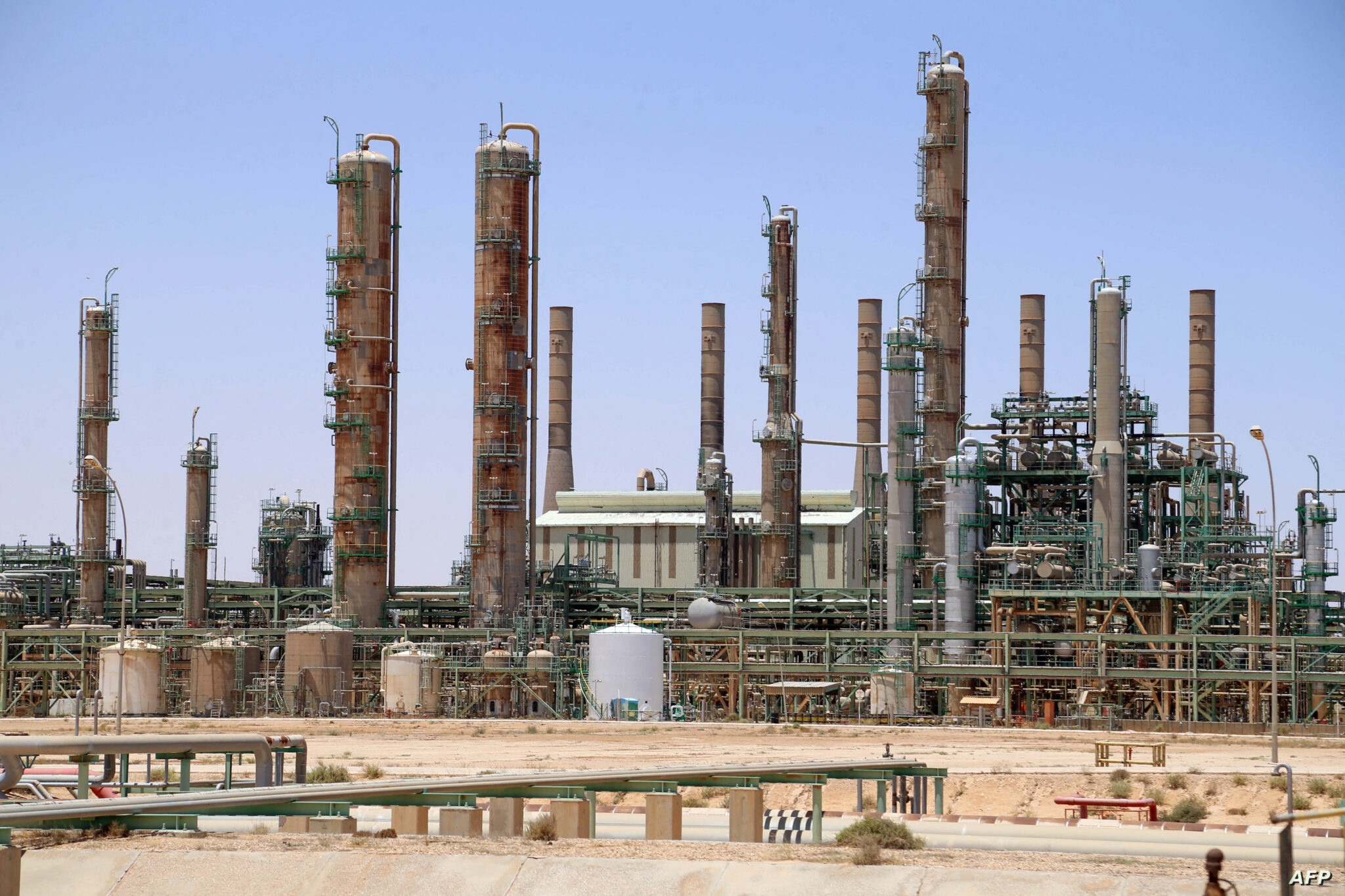Libyan authorities have cast a wide net in their ongoing fight against corruption, ordering the arrest of several key figures within the National Oil Corporation (NOC), a joint venture between Libya's state-owned oil company and Italy's Eni. The specific details surrounding the accusations and the identities of the arrested officials remain undisclosed, pending further investigation. However, this development has sent shockwaves through the Libyan oil sector, raising concerns about potential disruptions to production and renewed political instability.
The move comes amidst a period of heightened scrutiny on the NOC, Libya's economic lifeline. Oil exports account for over 90% of the country's revenue, and the NOC has long been seen as vulnerable to mismanagement and graft. Allegations of financial impropriety within the corporation have swirled for years, with critics pointing to a lack of transparency and accountability.
The Libyan government, facing mounting pressure to address these concerns, has vowed to crack down on corruption within the oil industry. This latest action is seen by some as a significant step in that direction. However, the lack of clarity surrounding the specific charges against the arrested officials has sparked unease within the industry. Fears of a wider purge or politically motivated arrests are simmering just beneath the surface.
The international community, heavily invested in a stable and prosperous Libya, is also watching developments closely. Foreign oil companies operating in the country are seeking assurances that their investments are secure and that the legal process will be followed. Disruptions to Libyan oil production could have a significant impact on global energy markets, particularly in Europe, which relies heavily on Libyan crude.
The NOC itself has yet to comment on the arrests, but the incident is likely to have a significant internal impact. The loss of key personnel could disrupt ongoing operations and cast a shadow over future investment deals. The potential for a protracted legal battle could further complicate matters, leaving the future of Libya's oil industry hanging in the balance.
The full ramifications of this latest development remain to be seen. However, one thing is certain:the fight against corruption in Libya's oil sector has reached a critical juncture. The success or failure of this crackdown will have a profound impact on the country's economic future and its standing on the international stage.

